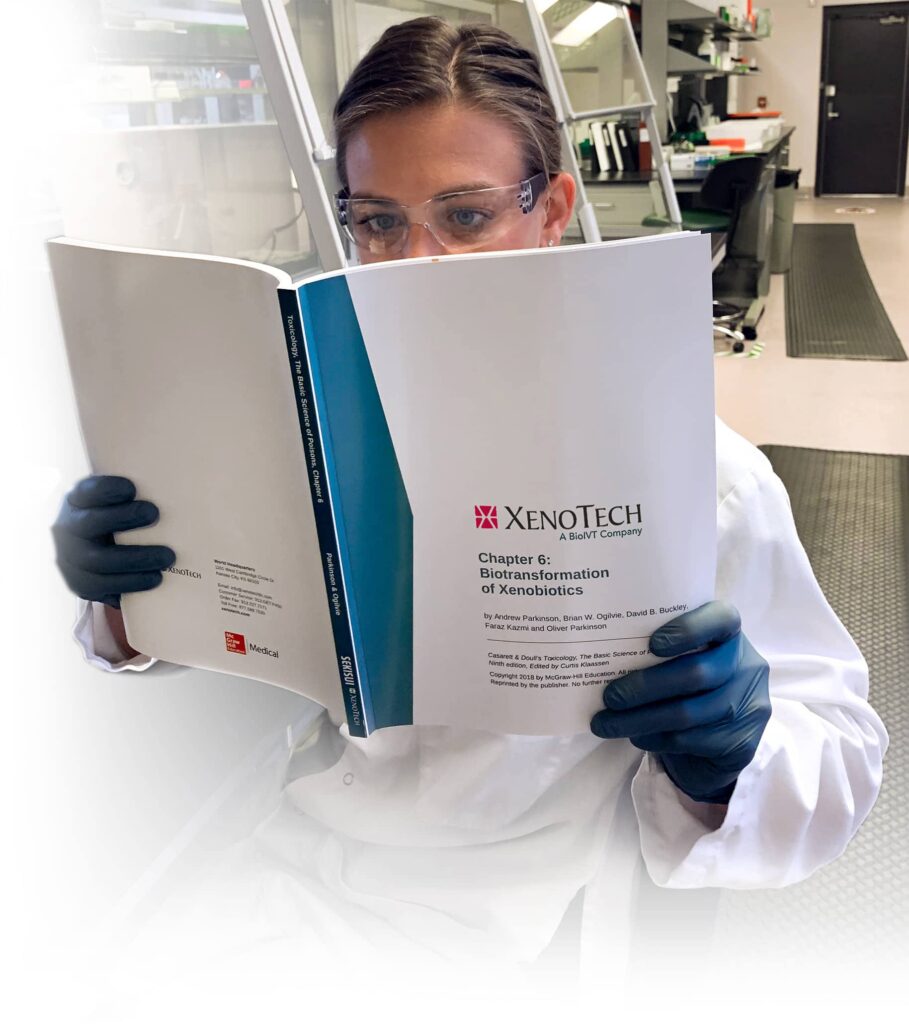
A Novel ADA Screening Assay for Immunogenicity Testing of Oligonucleotide Drug Using PALSAR Technology
Full Title
A Novel ADA Screening Assay for Immunogenicity Testing of Oligonucleotide Drug Using PALSAR® Technology
Authors
Masako Osawa, Funa Ogawa, Koichi Shibusawa and Akira Ideno
Analytical Technology Group for Drug Development Research & Development, Sekisui Medical Co., Ltd.
Presented at the Applied Pharmaceutical Analysis 2022 Conference
Abstract
Anti-drug antibody (ADA) screening testing by bridging assay for oligonucleotide drug development has not been reported. Approved oligonucleotide drugs mainly used direct ELISA. This results in the detection of IgG-type ADA with relatively high sensitivity. However, detection of other isotypes, such as IgM and IgA, is limited. Furthermore, although the sensitivity of the ADA screening assay recommended by FDA for protein therapeutics is at least 100 ng/mL, some of the assay methods have not attained this level.
Probe alteration link self-assembly reactions (PALSAR) technology is a method of self-assembly mediated by alternately hybridizing a pair of DNA probes with complementary sequences in 3 regions, called honeycomb probes (HCPs). In a previous study, the self-assemblies of 2 HCPs with poly-A or poly-T sequences at the 3′ end and biotinylated 5′ end were applied to amplify the fluorescence intensity (FI) in a Luminex-based assay. Notably, the phycoerythrin-labeled avid in bound to the biotin of self-aggregates in large numbers, thereby amplifying FI.
In this study we aimed to assess the feasibility of using PALSAR technology as a signal amplifier by developing high sensitivity antibody bridging assay model. We describe the application of PALSAR technology for the amplification of electrochemiluminescence (ECL) signals in Meso Scale Discovery (MSD) ECL-based immunoassays.